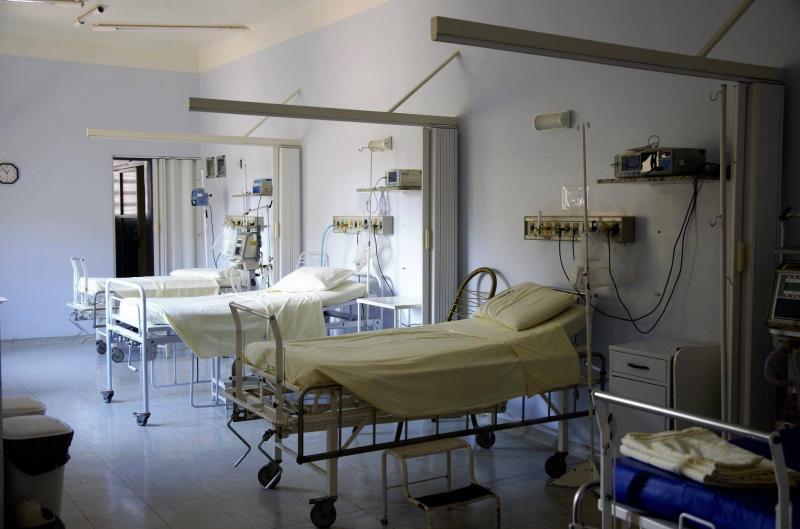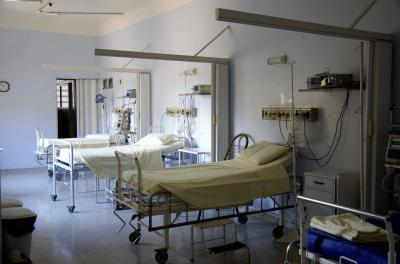As the government focuses on securing food security, health and social security in the country are simultaneously deteriorating, with patients unable to access public or private hospitals due to exorbitant bills that must be paid in cash and up front. Additionally, patients covered by various government health insurance entities may soon be barred from entering hospitals! Before the government celebrates the start of cash assistance payments under the emergency program of the Social Safety Net "Aman", it must address the issues of medical care and hospitalization, starting with repaying its debts to the Social Security Institution, which have exceeded 5 trillion Lebanese pounds, threatening the collapse of the institution and risking the loss of citizens' funds twice—once in banks and once with the insurance entities!
35% of the Lebanese population consists of patients treated under social security, especially as they are now required to pay 95% of hospitalization bills in cash due to hospital pricing, with the social security pricing not updated to reflect the rising costs. This percentage will become ineligible for hospital admission once the deadline set by the hospitals for the government ends at the end of this week to resolve their issues with the social security and the latter's halt in monthly payments due to the state's failure to pay its dues.
Moreover, starting next month, hospitals will cease to admit employees of banks as a countermeasure against the banks' refusal to pay hospital employees' salaries, requiring the adequate cash payments upfront or largely so that these salaries can be settled within the withdrawal limits specified by each bank. Therefore, in a week or so, private hospitals will only deal with patients from private insurance companies or those paying in fresh dollars or cash, as other government insurance entities no longer guarantee patients' hospital entries, given that these patients are also required to pay hospitalization bills in cash and in advance, and then recover them (which is currently unlikely) from those insurance entities.
The blame for this crisis does not fall on the hospitals, which are private institutions that cannot continue if they keep lending the state and bearing its financial burdens, which is no longer feasible today as all commercial transactions (buying medical supplies, medications, etc.) must be settled in cash. After hospitals warned early last week of ceasing to admit insured patients and starting to charge full bills for kidney dialysis and cancer patients if social security did not settle its dues for January and February, they granted the funds an additional week based on a plea from the head of the General Labor Union, Bishara Asmar.
However, this grace period has now ended; has the crisis been resolved?
“Day by Day”
In this context, the head of the private hospitals association, Suleiman Haroun, clarified to "Al-Jumhuria" that the board of directors of the social security has approved the decision to pay the overdue monthly advances and still requires approval signatures after 15 days. He affirmed that hospitals will continue to admit insured patients along with those undergoing kidney dialysis and cancer treatments without imposing financial differences, noting that the health minister promised to raise the dialysis fees at the beginning of next month, and all insurance entities will sequentially raise them. He mentioned that if the fees are not increased, hospitals will then have to charge these patients financial differences for kidney dialysis as well.
Haroun pointed out that all these solutions are not sustainable, as the insurance rates are still based on a rate of 1,500 pounds, leading to large financial gaps for the insured, while military sector beneficiaries have raised their rates by about four times, with efforts underway to raise them again, while the state cooperative has only made minimal increases that are insufficient.
He concluded by affirming that crisis resolution occurs "day by day," barely resolved before new ones emerge again.




